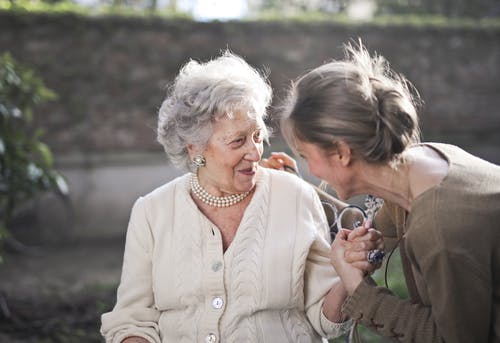We would like to think that all of our very responsible parents and relatives have their legal documents in order. However, that is not always the case. Florida Today’s recent article entitled “One Senior Place: What is guardianship and should I seek it?” explains that we need to have a serious discussion with our loved ones and determine if, in fact, “their affairs are in order.” If not, a guardianship may be in their futures.
That is because a guardianship is really a last step.
Guardianship is a legal process that is used to protect a senior, or other vulnerable adult, who is no longer able to care for his or herself due to incapacity or disability. A court will appoint a legal guardian to care for that person, who’s called a ward. A legal guardian has the legal authority to make decisions for the ward and represent his or her personal and financial interests. A court-appointed guardian can also be authorized to make healthcare decisions. In a guardianship, the senior relinquishes all rights to self-determination, so you can see how this is the choice of last resort.
If a suitable guardian isn’t found, the court can appoint a publicly financed agency that serves this role.
A doctor will examine the senior and determine if he or she is incompetent to make his or her own decisions. The judge will review the senior’s medical reports and listen to testimony to determine the extent of the alleged incapacity and whether the person seeking guardianship is qualified and responsible.
A guardian can be any competent adult, such as the ward’s spouse, another family member, a friend, or a neighbor. There are even professional guardians. The guardian will usually consider the known wishes of the person under guardianship.
Guardianship can be very costly and can involve a profound loss of freedom and dignity. As a result, speaking with an experienced elder law attorney is essential.
However, there are things that any competent adult can do to decrease the chances of ever needing guardianship. This includes:
- Drafting a power of attorney for finances; and
- Drafting a health care directive, which names a surrogate decision maker for your healthcare decisions, including the right to refuse or terminate life-sustaining medical care based on your wishes.
Moreover, talk about your wishes and all your estate planning documents with your family. That way they’ll know how to put your plan into action, if required in the future.
Reference: Florida Today (March 23, 2021) “One Senior Place: What is guardianship and should I seek it?”










